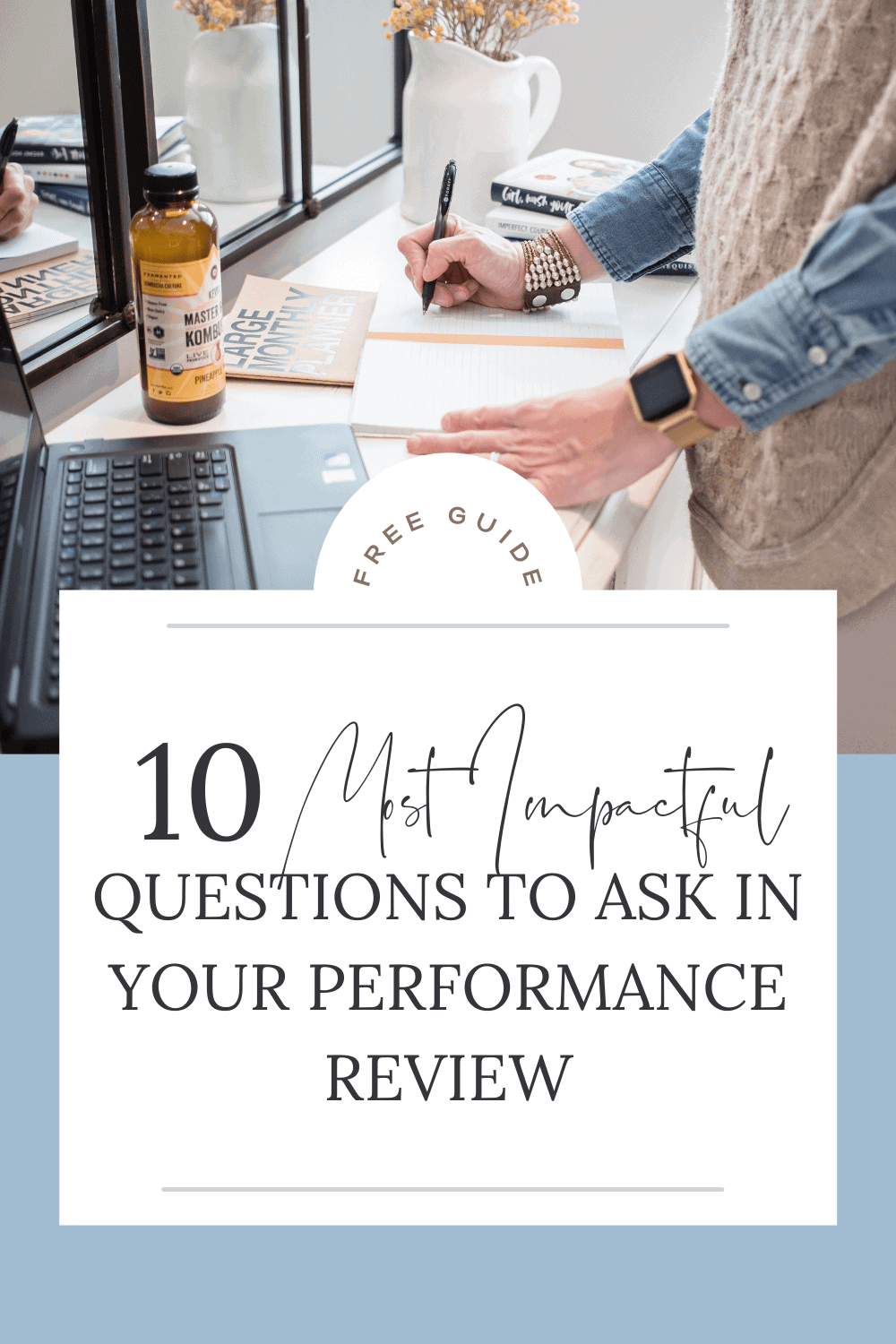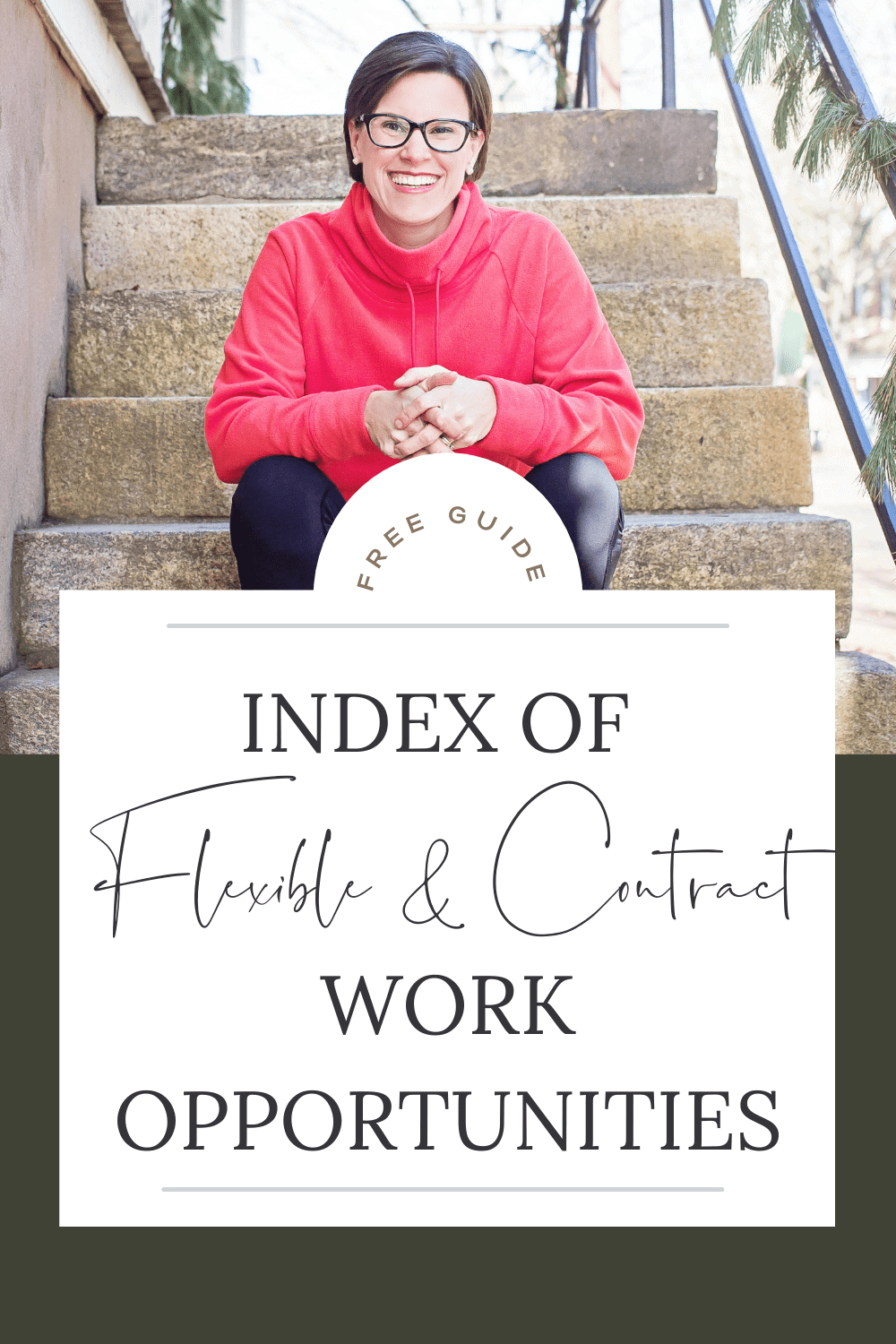Why It Is a Good Idea To Ask For A Big Raise
When you visualize yourself asking for a big raise, do you feel excited or anxious? Optimistic or pessimistic? Do you feel as if the timing would have to be just right to make your pitch?
Confident business women know when to take risks and when to play it safe. They have the courage to step out of their comfort zone and self-promote when it is called for. They are averse to anything that appears even slightly like a career plateau.
If the thought of asking for a raise brings on the symptoms of imposter syndrome, or if you worry about your request being interpreted as an aggressive move on your part, this post is for you.
You want to believe that the work you do makes an important contribution to the team/business, and that you’re being paid fairly for that work right now or that you will be rewarded for that work later.
So, how do you find certainty? Do you wait for your performance review to see if this is the year that you were awarded a 5 instead of a 4 on “Uses sound judgment”? If you do manage to get a 5 on that metric, is there a dollar sign attached to that 5? Truly, I’m asking: is there a $__ on the piece of paper or performance software that you are looking at?

If there is not, what’s your next move? It better be “ask for a raise”.
You are going to do all your research, prepare a solid case about what you bring to the table and how your skills are uniquely valuable to this business, how you help the company’s competitive position, and on and on. The preparation and ask will be spot-on.
What I want to focus on is WHY you need to ask for BIG raise THIS year. Not a small raise and not next year- NOW.
5 Factors To Consider As You Plan To Ask For a Big Raise

1. You need to know the compensation limits tied to your position.
Think about it: your employer knows what the maximum amount of money is that they’re willing to pay either you (specifically) or someone in your position for the work that is being completed. They have a P&L for the business and they know what their maximum spend is; you don’t have the P&L so you don’t have this insight.
The employer has the benefit of information that you may not have. In a negotiation, information is leverage, so without the same knowledge that your employer has, you are at a disadvantage in this scenario.
2. You need to know the compensation limits tied to you as an employee.
Your employer may be impressed with your skill-set and want to retain you as an employee, but they may need to expand your responsibilities beyond your current position (and the budget associated with that position) in order to do so. If you have not yet asked for a big raise, you do not yet know how creative they are willing to be to keep you.
The employer knows how difficult or easy it is to find someone with your skills and abilities, not to mention the soft skills you bring to the table. If you have not yet pushed them to explore the limits of what they will pay, the employer has the upper hand.
3. Your employer already knows the value you place on your time.
Every single day that you show up for work at a rate of $X (your current salary), you have validated information for your employer. Any time you spend thinking that your work is worth $X*2 or $X*3, you’re wasting your time if you are not actively negotiating for the amount you believe your time is worth.
Again, the employer has the benefit of information and thus leverage.
4. Your employer may place a higher value on your work than your current compensation.
Every single day that you show up for work at a rate of $X (your current salary) and produce work that your company values at $2X or $3X, the company has benefited to your detriment. If you think that your work is worth $2X or $3X, and the company thinks the same thing but only pays you $X (which you validate by showing up daily and earning $X), you are undermining your worth.
5. Asking for a big raise (10% or more) puts your employer on notice.
You are actively managing your career in the same way that the business is actively competing in the marketplace. You have a competitive skill-set and want to be paid fairly for it. You have invested time in honing your skills and leveraging behaviors that advance your professional acumen (and benefit the business).
Putting the employer on notice that you take an active interest in your career will work in your favor if your employer is one that cherishes and promotes highly skilled, highly capable employees. If, on the other hand, your employer is one whose strategy involves exploiting labor for the benefit of the business’s bottom line at the expense of the people who comprise the business, then putting the employer on notice may result in adverse action against you. Keep in mind: if you value your career and want to advance, the sooner you can “out” an exploitative employer, the better. You can move on and find a better place of employment that will reward you for your contributions.

Think of it like this: the business has a product and wants to be paid fairly for it.
- It has invested in research and development, procured the best raw materials, invented a new design or otherwise advanced itself in the industry, increasing the business’s valuation.
- Were the company to be in the process of being sold, do you think the business owners would say, “Pay us whatever you want to pay us for the last ten years we have invested into making the best product in the marketplace?” NO! They are going to demand whatever amount they think the business is actually worth in the marketplace and add 30%. This initiates a high ceiling for negotiations from which they can land on a “fair” valuation for the time and energy they have invested into the business.
In the same way, consider the research you have done on your industry peers- folks in similar positions, with similar education, and similar work experience, as you. No one brings to the table what you specifically bring to the table, and that is to your strategic benefit.
- YOU know the time you have put into the position, AND you know what other life experiences and soft skills that you have. Will future candidates for this position have, say, your reliability? Your trustworthiness? Your work ethic? New candidates may SAY they have these qualities, but we all know that the person who shows up for the job day after day is oftentimes not the same one who showed up for the interview, and the employer knows it. That, friend, is leverage.
After You Ask For a Big Raise: What Next
You’ve made your case for a 10% raise and your employer said, “No”. (This is where it gets good.) Here are some options for your next move:
1. Ask, “What skills do I need to hone to qualify for $2X?”
- What to keep an eye out for: speechlessness. If the person across from you cannot give you specific, measurable actions to take, you know you’ve hit on an upper limit.
- For instance, if your employer says, “You need to demonstrate an ability to increase revenue by 5% in this product line” you now have actionable information.
- On the other hand, if your employer says, “We just don’t think you’re ready…” this is a billboard-sized red flag. Are you willing to be in career-growth-limbo-land?
2. Ask, “Do you see any reason why we can’t revisit this conversation in 6 months?”
- What to keep an eye out for: a “no”. If your employer is not willing to meet your ambition on a timetable that is less than one full year away, be on notice: you just lapped your employer in the “ambition” department. Rather than being deterred, consider this GOOD NEWS! You have gained critical information. You just shortened the information-gathering time-table from one year to today, saving you time AND money.
3. State, “Since a salary increase is not available at this time, I’d like to discuss Benefit XYZ as recognition for my hard work over the past 12 months.”
- What to keep an eye out for: a “no”. If your employer cannot find the wherewithal to allow you to work remotely 2-4 hours a week, or dedicate $20-$50/month towards a wellness benefit on your behalf, this is good information to have. Both of these examples have a negligible impact on the bottom line for most (but not all) businesses. If the business is not willing to recognize your efforts in this small way, GOOD NEWS: you just learned valuable information! Celebrate the achievement of getting an answer, even if it wasn’t the answer you were seeking.
Let’s face facts:
- Women are earning more PhD’s than men.
- Entire industries have historically been closed to us (see: tech).
- We are pushing for gains in political seats and the C-suite.
There has never been a better time to be your own best advocate. The light is shining brightly on women’s advancement right now; best to make your move during this high-tide moment.
One more thing: keep your catastrophic thinking in check before you pursue this approach. It does you no good, and in fact, harms you, to think: I might get fired. Your employer is not going to fire you for asking for a higher salary.
Rather, you are on a fact finding mission: what is the upper limit that I can be paid here, and what is it going to take for me to achieve that limit? You may walk out of your meeting with a higher salary, or you might not, but no matter what, you are going to walk out of the discussion with more information on how to pro-actively manage your career ascent.
Are you looking for more information about negotiating your salary? Check out Ladies Get Paid, a career development organization for women that provides workshops, events, and an online network where more than 30,000 women worldwide come together to share advice, resources, job opportunities, and more.
CAREER RESOURCES



